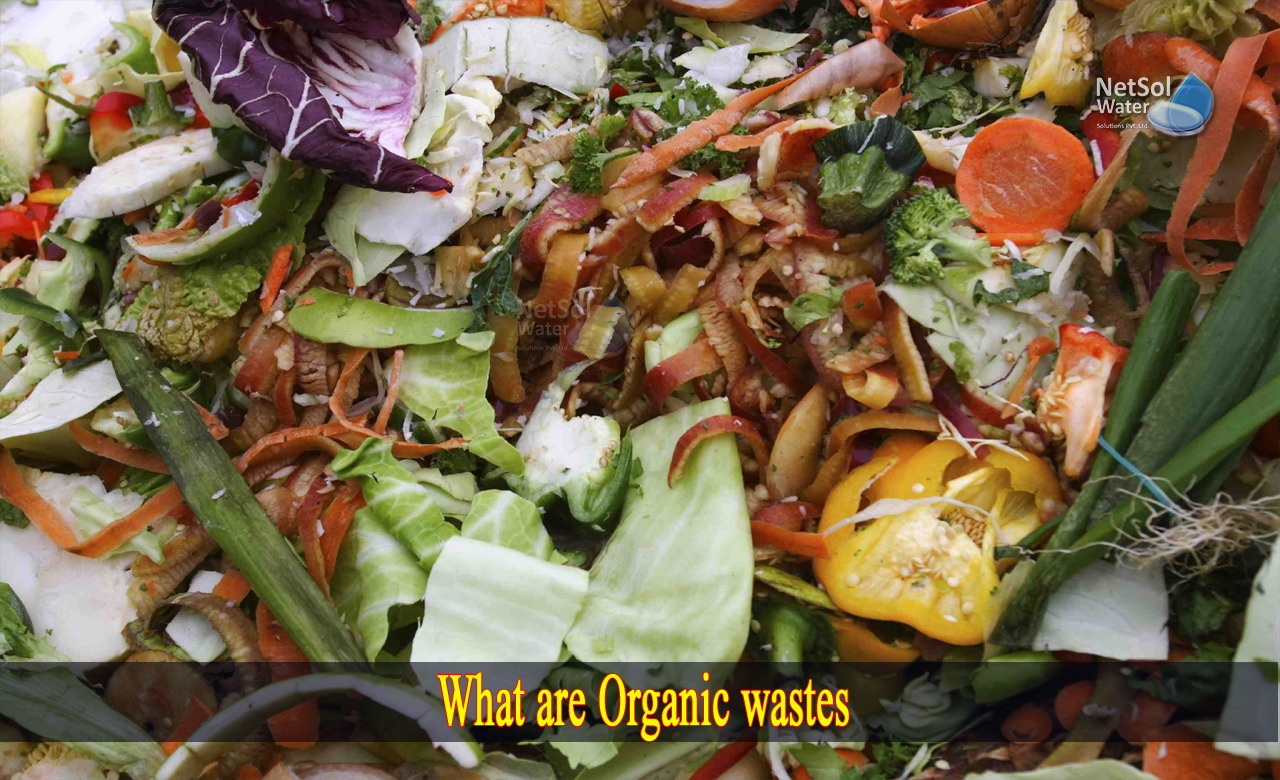What is organic waste?
Organic waste is a biodegradable waste that comes from living sources such as plants, animals and microbes. It is decomposable into carbon dioxide, methane and simple organic compounds. Food waste and green waste are examples of organic waste. Agriculture, home activities and industrial goods are the most prevalent sources.
Types of organic waste
1-Municipal solid wastes- MSW (Municipal solid wastes), are ordinary wastes that we use and discard. Grass clippings, food leftovers, vegetables, etc., are all examples of organic MSW.Residential areas, schools, hospitals and companies are the most prevalent sources of it.
2-Cattle waste- It is waste generated by animals. Given our vast animal population, this is a substantial source to the nation's organic waste.
3-Food waste- Food waste is food that is not consumed. However, it affects the entire Food System, not just the end-user. Food waste or loss happens throughout the food system, including production, processing, distribution, retail and consumption.
Peelings, cores, leaves, fruits, twigs, outer skins are some forms of food waste. It accounts for around 30% of total organic waste in nature via natural and manmade causes.Even most organic wastes give nutrients and minerals to the soil for fertility and plant development, improper disposal procedures can cause significant environmental damage.As a result, the concept of organic waste management and recycling has been established and put into practice.
What is organic waste management?
Organic waste management is the process of recycling or converting organic waste into other valuable substances using various recycling technologies.
Need for organic waste management
The majority of waste produced in nature is organic waste. As waste management became a growing concern in many urban centers, the need for organic waste management or recycling grew.This is due to the high moisture content in urban organic waste, which increases its volume and decreases incinerator temperatures, resulting in waste overload.
To address such challenges, many therapeutic techniques and practices have been developed and used across the world.Organic waste management major goal is to maintain a sustainable cycle of organic waste disposal using various methods and approaches including our Food Recyclers.
Organic waste recycling methods
· Animal feed
Feeding agricultural and food waste to cattle and other animals as food is one technique of recycling organic waste.
· Composting
It employs microorganisms found naturally and soil to degrade organic materials. As a consequence, nitrogen, phosphorous, potassium and other soil nutrients are recycled into humus-rich components. It is an aerobic process that occurs under regulated circumstances of air, moisture, temperature and so on.
· Anaerobic digestion
Anaerobic digestion has been recommended as a waste management method due to the negative effects of other commonly used waste management methods such as landfilling, incineration, and so on. It is a low-cost method for producing renewable energy and treating high-moisture, energy-rich materials.Various forms of biomass and other organic wastes are transformed into biogas and nutrient-rich residue using anaerobic microbes throughout this process.
Conclusion
In recent years, organic waste management has become a major issue in our country. While the government has launched various efforts such as Swachh Bharat Abhiyan, it is up to us as individuals to embrace strategies such as Decentralized Waste Management and Reduce, Recycle and Reuse to make all of this work. Individuals must stand up and assist the Government with whatever is within their capabilities, such as composting, for successful Organic Waste Management. Companies like Netsol Water also minimize the composting efforts for hotels, restaurants, residential and commercial places by providing Food Waste Recyclers to minimize solid waste and decrease the load on landfills.
If you have any concerns regarding what composting will look like for your company, please contact us. We also provide the best food recyclers to convert your food/organic waste into beneficial fertilizer.



